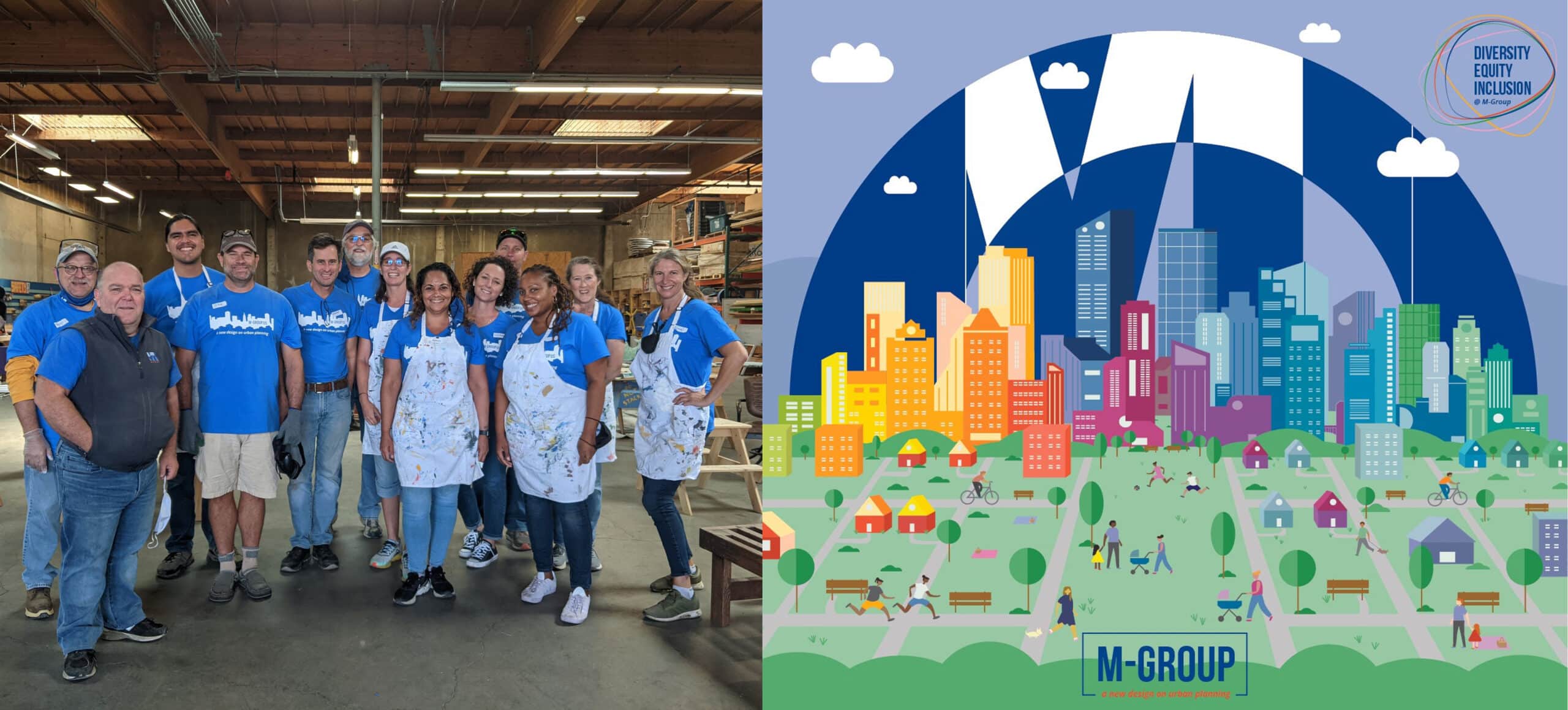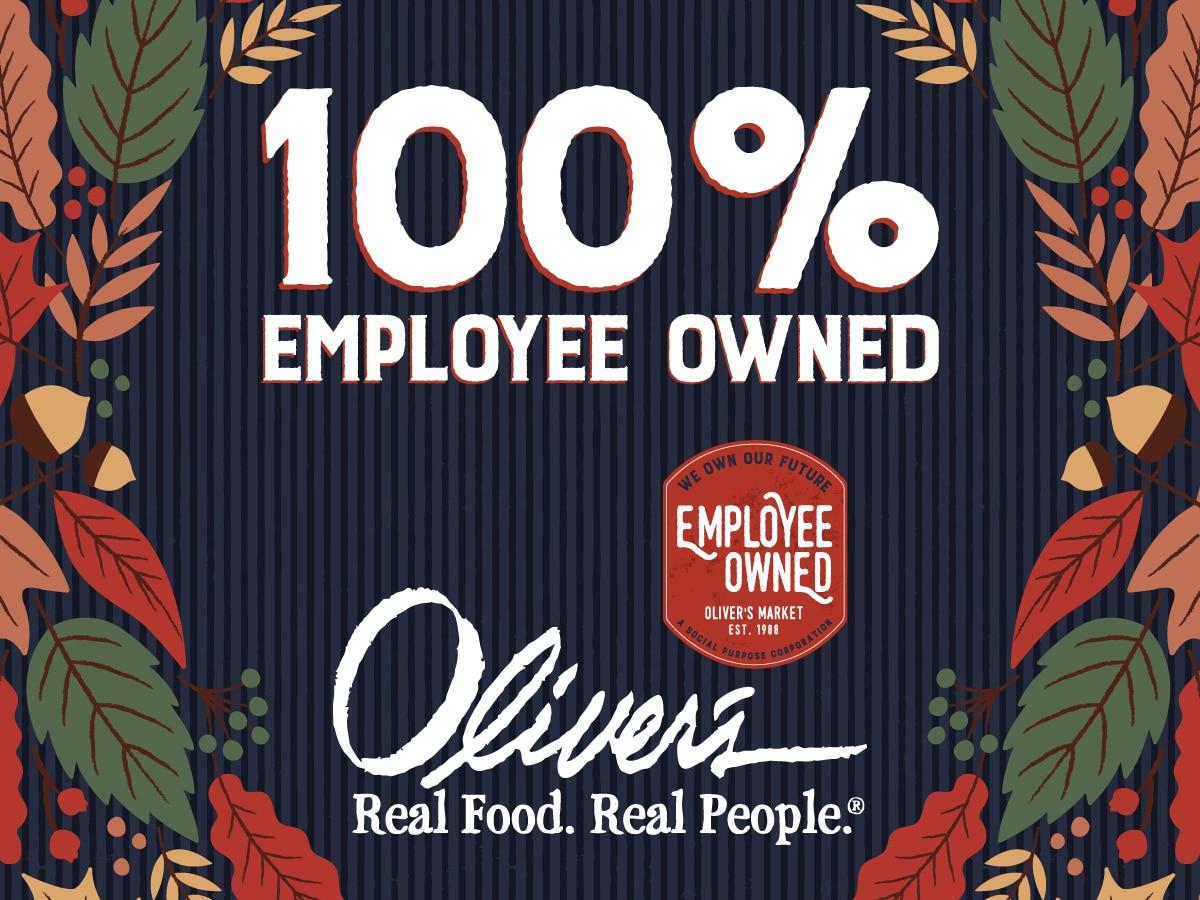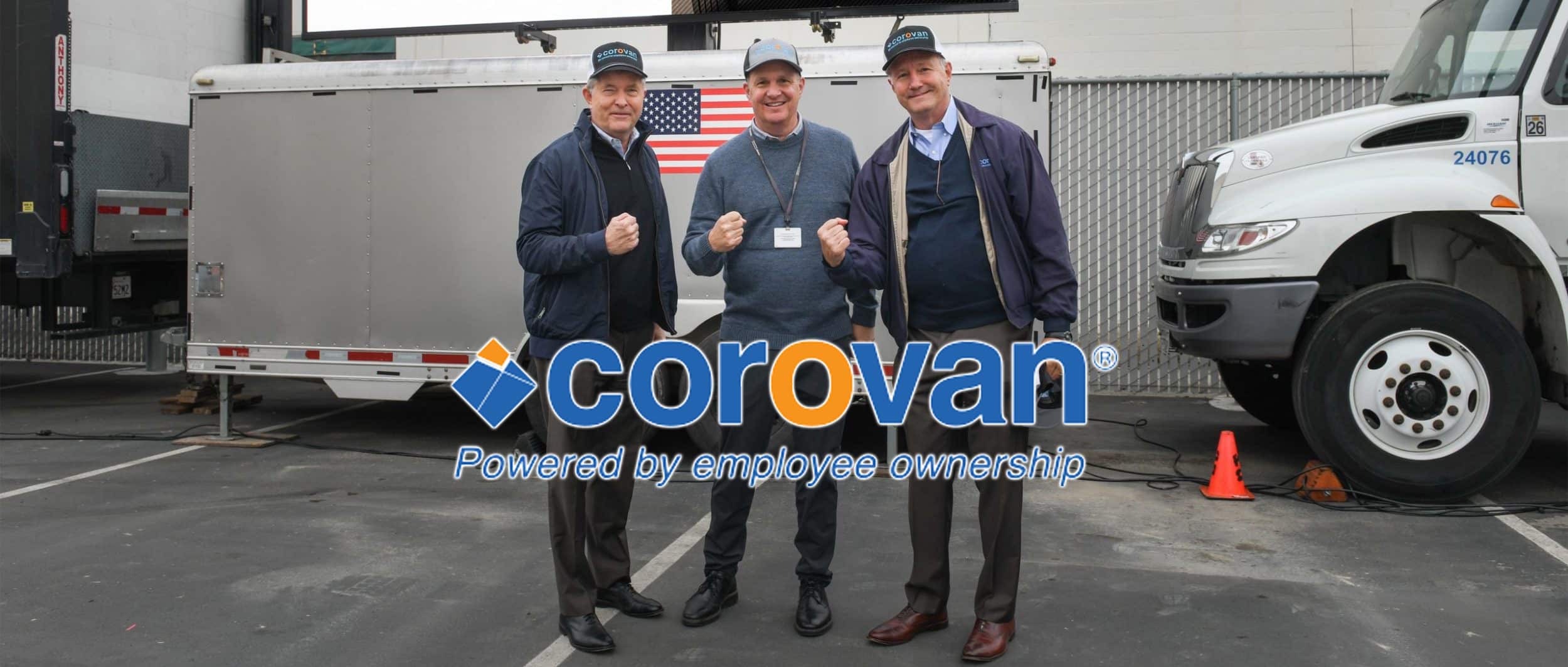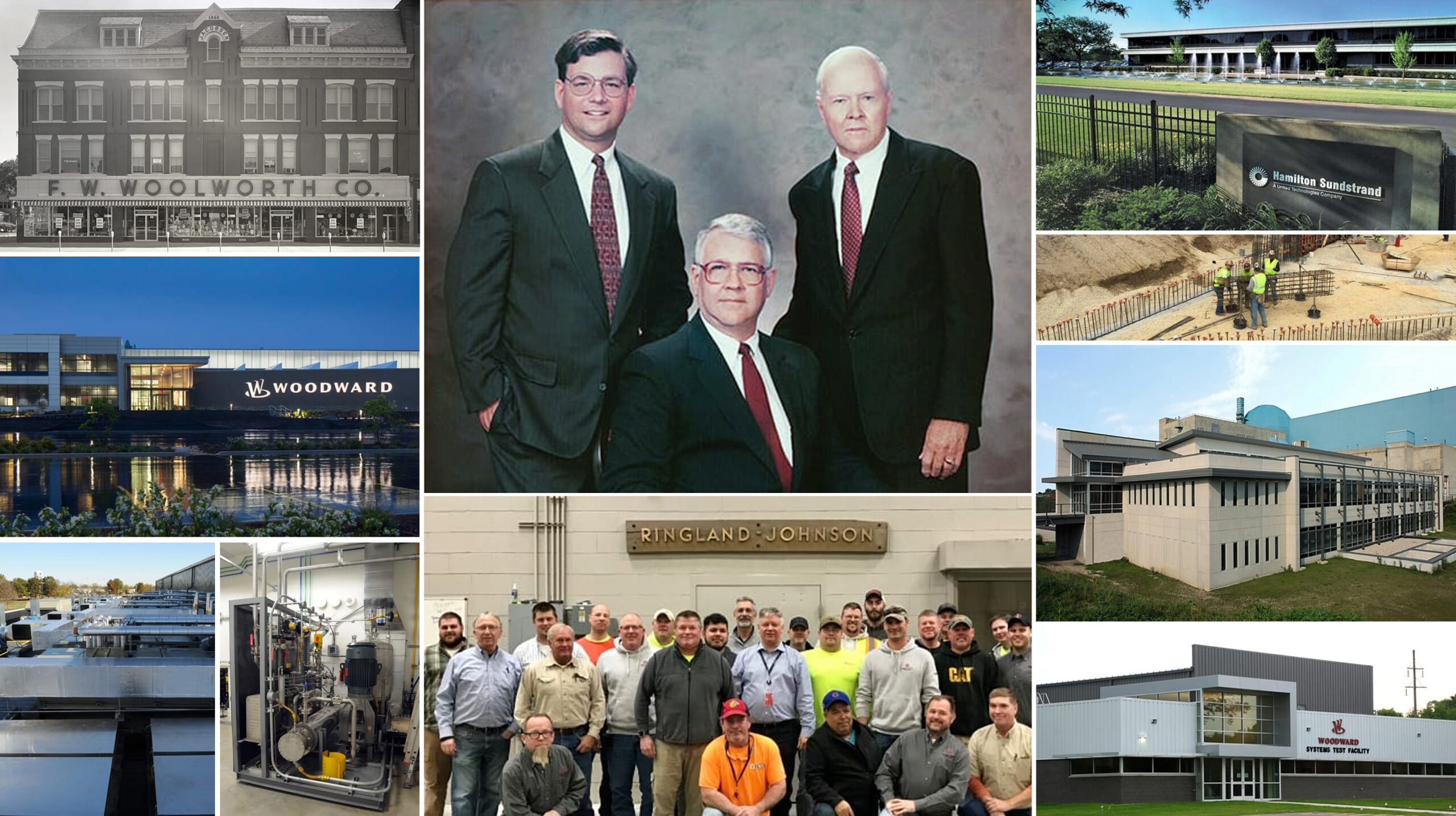For CEOs exploring the transformative potential of Employee Stock Ownership Plans (ESOPs), the case of Oliver’s Market, a California-based grocery chain, offers an inspiring roadmap. Oliver’s has long been a staple in Sonoma County, known for its commitment to local sourcing, exceptional customer service, and strong community ties.
Oliver’s began its ESOP journey in 2017 when it announced two major initiatives. The company announced it had transitioned to an employee-owned model through an ESOP. In the same announcement, Oliver’s shared the news that it had become a Social Purpose Corporation.
In late 2024, Oliver’s announced 100 percent ownership of the company by its employees. These announcements reflect the company’s culture and dedication to “our employees, suppliers, and customers…as well as the Sonoma County community, including its people, businesses, agriculture, and environment.”
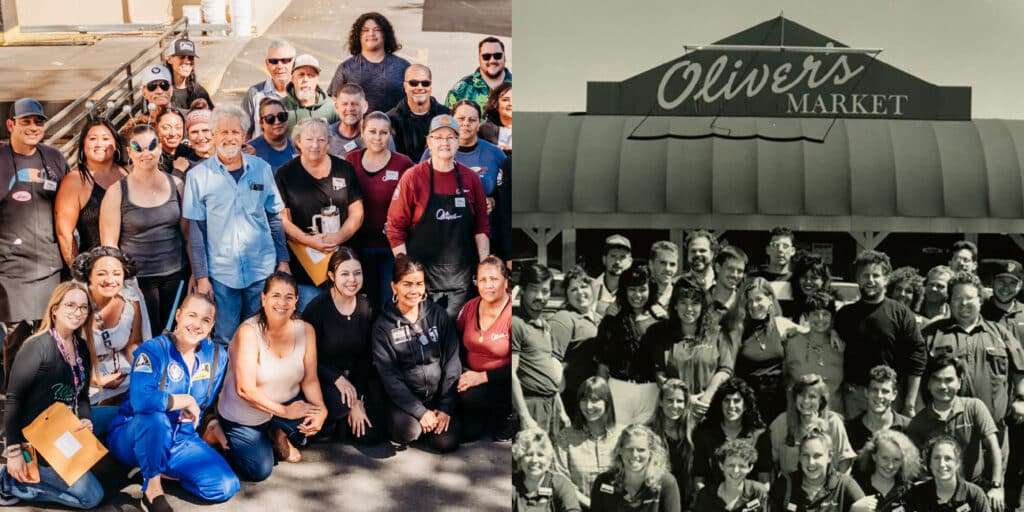
An Overview of Oliver’s Market
Oliver’s founder and president, Steve Maass began his entrepreneurial journey more than 40 years ago, selling fresh produce at a roadside stand in San Francisco. He founded Oliver’s Market in Sonoma County, known for abundant vineyards, farms and orchards, in 1988. Featuring local food, wine and other products, the store was true to its original mission, “to create a store where people would enjoy shopping,” by turning the store into a popular shopping destination.
The company expanded to four stores to serve the growing population of Sonoma County and increased its employee base from 13 to more than 900 employees. Oliver’s guiding principles marked every phase of growth:
-
- Provide Customers with Choice
- Keep the Focus Local
- Offer Fair Prices and Great Quality and Service
- Support Our Community
- Value and Support Our Employees
Oliver’s is known for offering a wide selection of natural and conventional groceries and for the excellent relationships it has formed with local farmers, growers, makers, and manufacturers. With more than 3,000 farms in the country, the majority of which are owned by families* Oliver’s plays an important role in sourcing and serving the bounty of Sonoma County to its customers. In fact, Oliver’s carries more than 6,000 locally sourced products, representing almost 30 percent of its sales.
Oliver’s has also earned an abundance of awards and accolades. In 2011, Oliver’s was the first Sonoma County grocer to earn the Green Business Certification from the Sonoma County Green Business Program. Readers of the area weekly North Bay Bohemian have named Oliver’s “Best Grocery Store” every year since 2000. The Santa Rosa Press Democrat’s “Best of Sonoma County” awards named Oliver’s as the winner in their “Best Local Produce” category in 2015-2019 as well as 2021-2024 while also naming the company “Best Local Grocery Store” and “Best Butcher” in 2027-2024. The North Bay Business Journal included Oliver’s as one of their “Best Places to Work in the North Bay” from 2016-2020 and 2022-2024.
Along with these terrific local accolades, Oliver’s also received national and industry recognition. The Specialty Food Association awarded Oliver’s an “Outstanding Retailers Award” in 2005 and 2013. Progressive Grocer Independent, an industry publication, awarded Oliver’s with the Outstanding Independent Award in the multi-store category in 2017 as well as in the Local Focus (multi-store category) in 2019 and the Social Purpose category in 2020. Progressive Grocer also awarded Oliver’s an “Outstanding Independent” designation in 2021, 2022 and 2024. Winsight Grocery Business named Oliver’s a “Remarkable Independent” in 2021 and Oliver’s earned an “Exceptional Independents Award” from Shelby Publishing in 2023 and 2024.
The ESOP Journey
Employee ownership aligns with Oliver’s broader mission as a Social Purpose Corporation (SPC). SPCs commit to operating not only for profit but also for the benefit of employees, communities, and the environment. For Oliver’s, becoming an ESOP was a natural progression. It preserved its local and independent identity while offering employees a direct stake in the company’s future.
When Oliver’s Market began their ESOP journey in 2017, they sold 43 percent of the company to employees. During that year, the company achieved another significant milestone when it registered with the State of California as a Social Purpose Corporation. This decision allowed leadership to consider employees, the environment, and the community in addition to financial position when evaluating any business decision.
Founder and president Steve Maass stated “I am doing these things to preserve the legacy of Oliver’s for the future, and for our employees. I have looked at many possible scenarios for securing the future of Oliver’s in recent years, and creating an ESOP company was a great move for us. We all see small, independent businesses disappear every day, and I am proud to say that we are doing everything in our power to remain local and independently run.” As a result, Oliver’s is now the largest employee-owned Company in Sonoma County, with over 600 of their employees qualifying to participate in the program.
The Oliver’s Market ESOP provides a compelling retirement benefit to eligible employees, especially when considered in conjunction with the company-matched 401(k) plan. Many employees have been with Oliver’s Market for more than 20 years, so the ESOP and the 401(k) plan provide increased retirement security.
Perspectives for CEOs
For Oliver’s, becoming an ESOP was a natural progression. It preserved its local and independent identity while offering employees a direct stake in the company’s future.
“Oliver’s has the winning culture that is so crucial for successful employee ownership. If you shop at their stores, you know what I am talking about,” said Trevor Gilmore, chief executive officer of The Menke Group. “Converting your workforce into engaged shareholders who are concerned about the company and its bottom line is a recipe for long term success. This was a smart move by Steve, and I expect a bright future for Oliver’s.”
For leaders considering ESOPs, Oliver’s Market illustrates the long-term advantages of employee ownership, including sustained community loyalty, enhanced workforce engagement, and alignment with modern sustainability values. This approach may require upfront investment and adjustments, but the potential rewards—a stable, dedicated workforce and a resilient business model—are compelling.
Oliver’s decision demonstrates that an ESOP can do more than preserve a legacy; it can empower employees to build on it, ensuring a company’s vision endures for decades.
“When I started Oliver’s in 1988 with one store and 13 employees, I never dreamed it would grow and expand the way it has. As I envisioned the future of Oliver’s, it became clear that the only way to preserve our culture, remain independent and local, and reward the employees who contributed to our success was to create an Employee Stock Ownership Plan (ESOP) company,” concluded Maass. “I am proud of what we have built and very gratified to know that Oliver’s Market will be a part of Sonoma County for many years to come.”
*SOURCE: 2022 USDA Census of Agriculture



